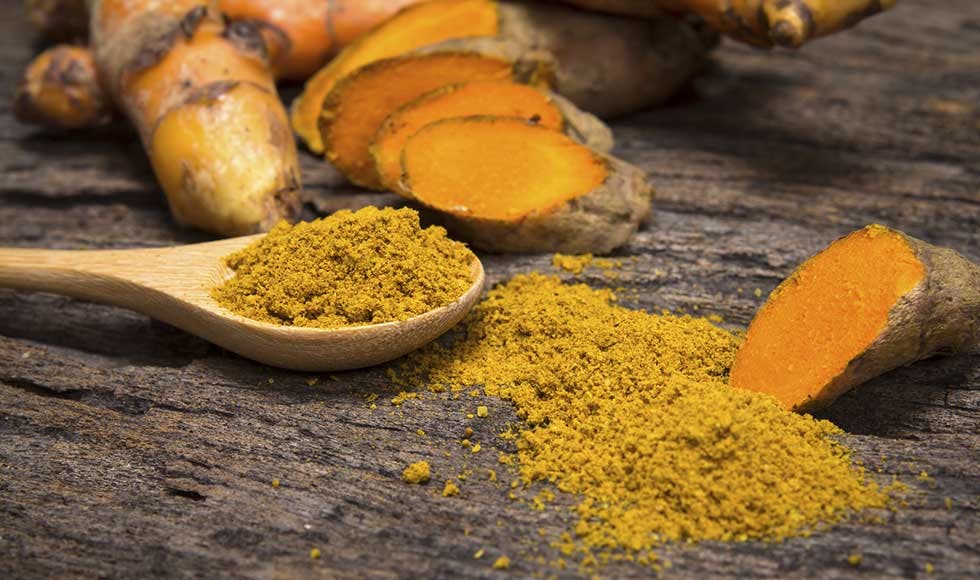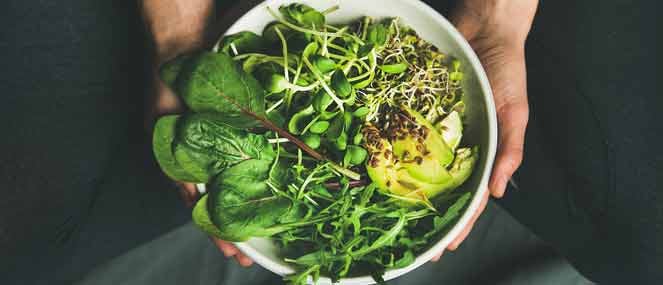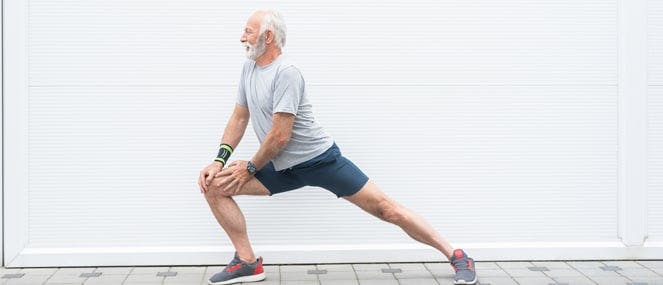
- Health hub/
- Arthritis, joint, bone & muscle/
- Healthy muscles for life


The role of muscle in health and wellbeing
We may start to lose muscle at around the age of 30 and there may be a loss of 1-2% per year after the age of 50.
Maintaining muscle health as we get older is important for a number of reasons. A decline in muscle health can lead to a decline in physical function, increased disability, frailty, and loss of independence. Muscle health also plays a much broader role in health and wellbeing. Maintaining muscle mass and strength may also assist maintenance of:
- Healthy bones
- Healthy weight
- Healthy blood glucose metabolism
Exercise for muscle health
Regular exercise is essential for maintaining muscle mass and muscle strength. It can also help you to regain significant amounts of lost muscle function.
Not sure what a strength exercise is? It’s any exercise that works muscles against some resistance. For example, body weight- used very effectively in Pilates, free weights, or the weight equipment at your gym.
If it’s been a while since you’ve done any regular exercise, consult with your healthcare professional before you get started. And for more help in getting started the Council on the Ageing (COTA) in each state runs Living Longer Living Stronger™ supervised strength training programs.
Protein: muscle food
Protein, formed from amino acids, is used in the body for structure and function, with half of the body’s protein present in skeletal muscle. We don’t have stores of protein in the body the same way we do for carbohydrates and fat so it’s important that we regularly get enough protein from our diet.
Dietary protein is either complete (animal and soy proteins) - supplies all the essential amino acids that our body’s don’t make, or incomplete (most plant proteins) - needs to be combined with other proteins to provide all of the essential amino acids.
How much protein do we need?
The Recommended Daily Intake (RDI) for men is 64 g per day or 0.84 g per kilogram of body weight. This RDI increases after the age of 70 to 81 g per day or 1.07 g per kilogram.
For women the RDI is 46 g per day or 0.75 g per kilogram. After 70 this amount increases to 57 g per day or 0.94 g per kilogram.
Whey Protein Concentrate (WPC)
Protein powders are often thought to be something for body builders, athletes or weight loss. But they can be an easy way to up your daily protein intake.
WPC is an especially good choice as it is considered to be a quality protein. What makes a quality protein? A protein’s quality is determined by assessing its amino acid composition, digestibility and bioavailability and WPC ticks all of these boxes.
Whey protein also contains branched chain amino acids which help to maintain muscle.
References available on request




